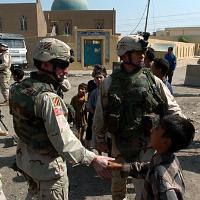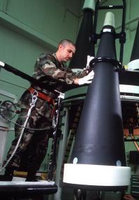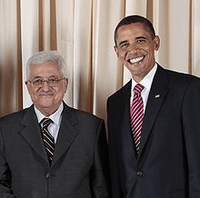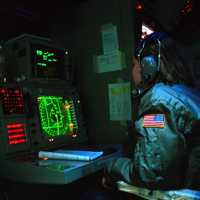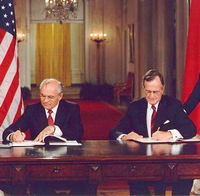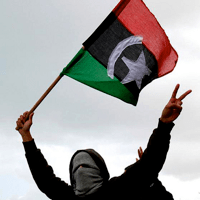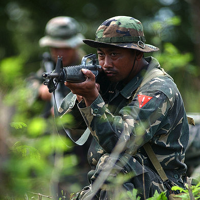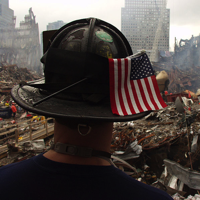
Like many policy issues regarding North Korea, the U.S. has no good options regarding the question of whether or not to resume deliveries of food aid to the isolated country. Last year’s flooding and severe weather have combined with Pyongyang’s perverse policies and rising world food prices to produce major shortfalls in food supplies in many parts of the Democratic People’s Republic of Korea (DPRK). The United States used to be one of North Korea’s major food donors until the deterioration in bilateral relations in 2008-2009 and the refusal by DPRK authorities to allow extensive monitoring of the aid flows […]

